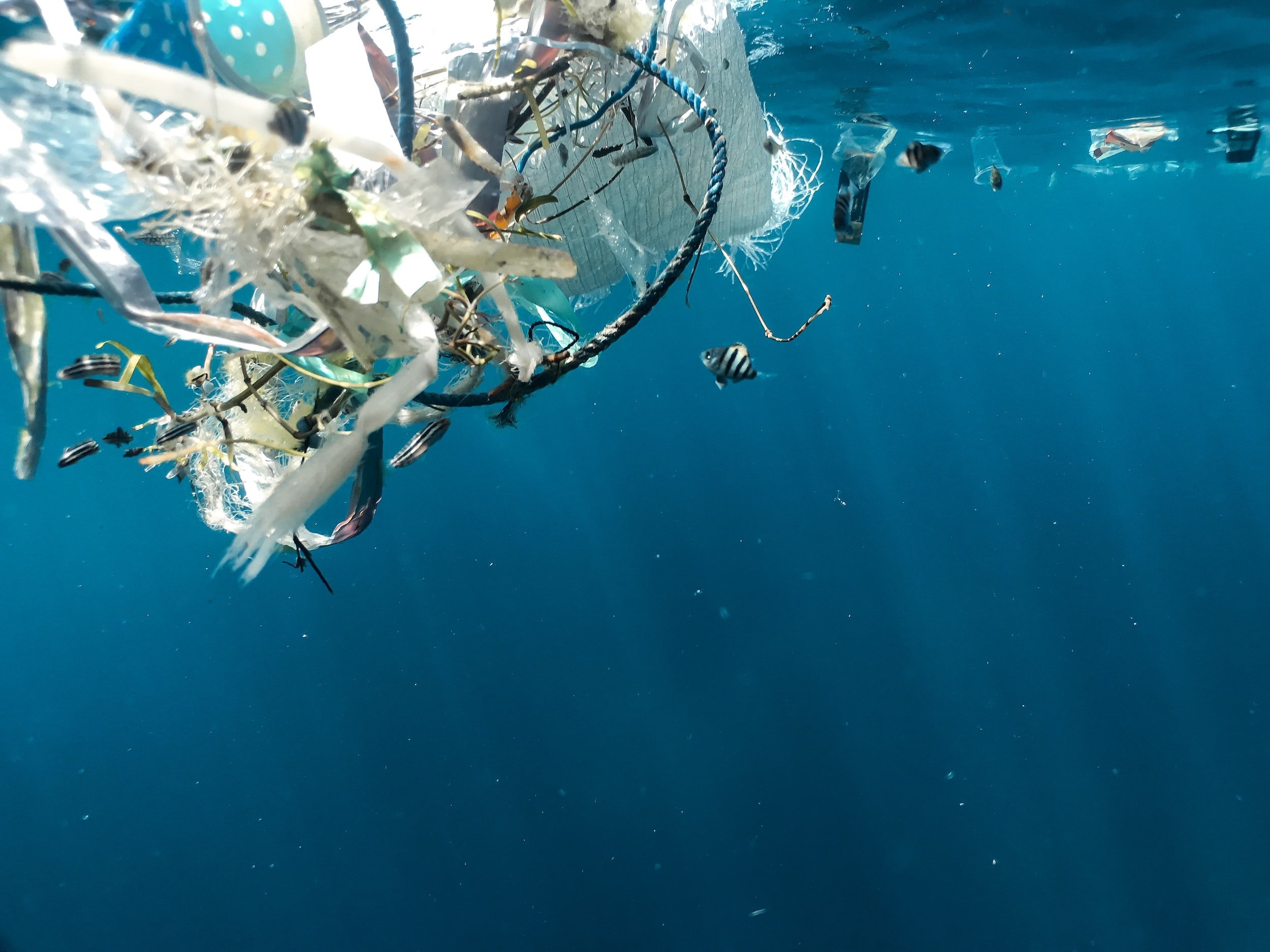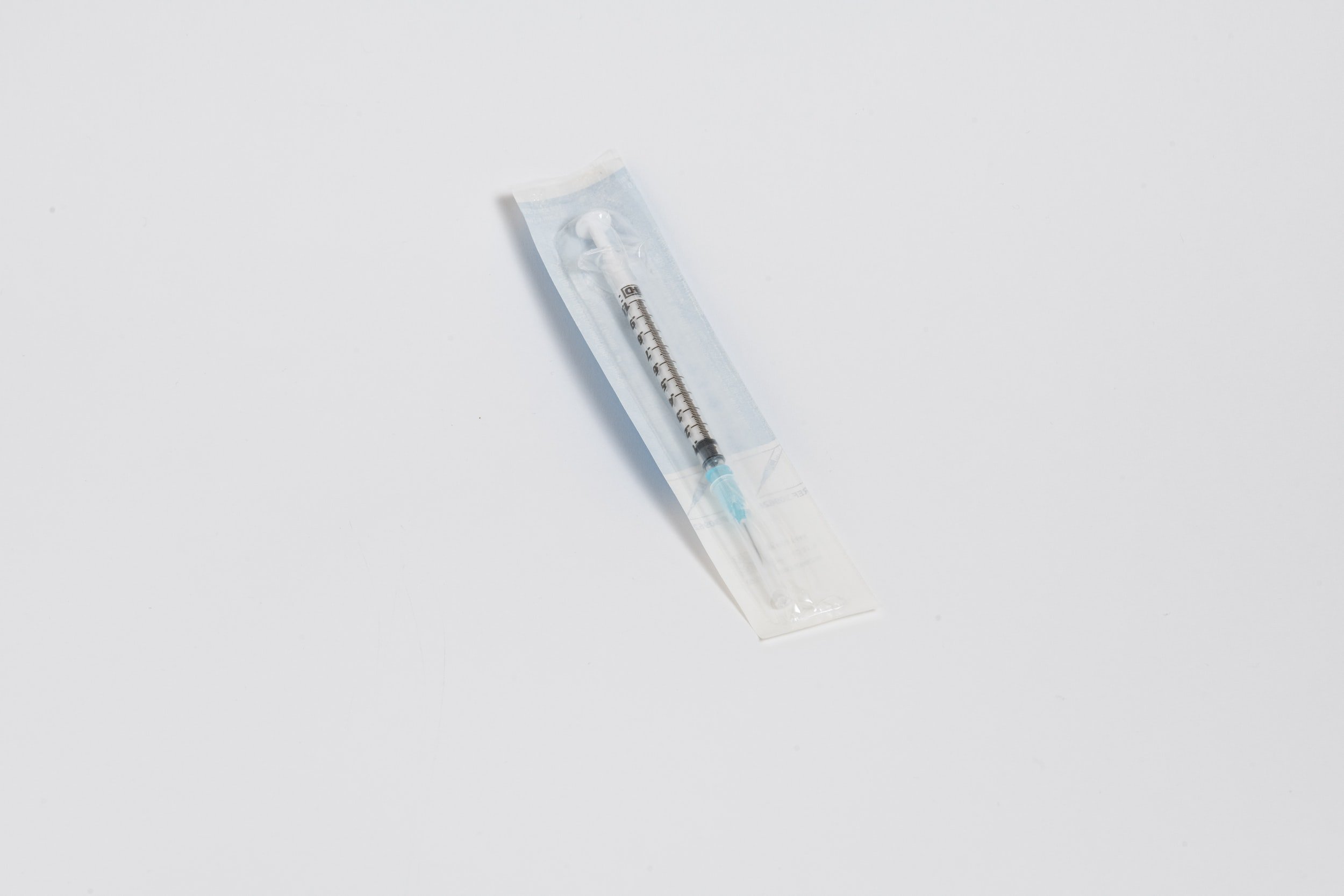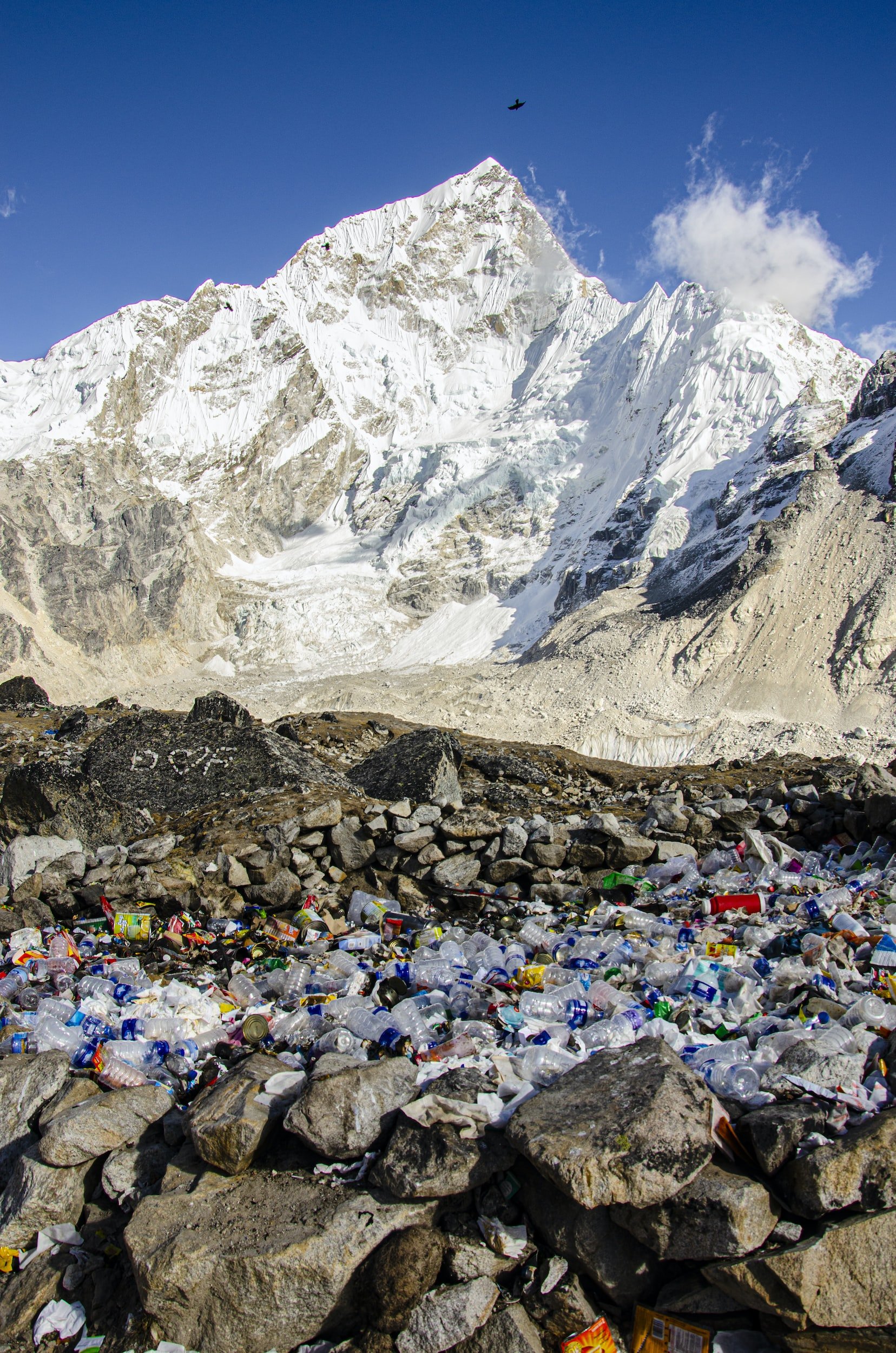The Circular Economy of Plastics
Plastics make modern life possible: food is safer and more plentiful, cars are lighter and less dangerous, medical devices are cleaner, and almost all consumer goods are produced more affordably and with less damage to the environment. However, 8.3 billion metric tons of plastic have been produced since plastic was introduced in the 1950’s, and only 5-6% of plastics are ever recycled. Most plastics are difficult to recycle by traditional mechanical methods, leading to a crisis of waste plastics in our oceans, cities, and natural landscapes.







